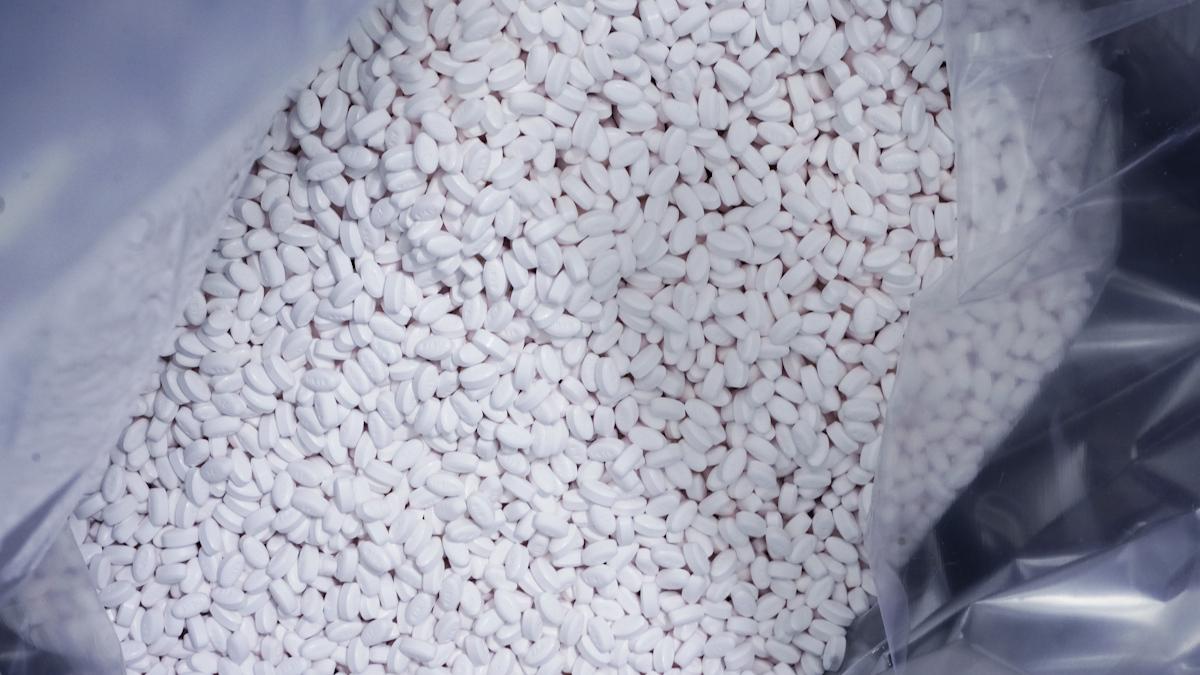Amgen plays down safety concern with obesity candidate

Amgen has rebuffed claims made by an analyst suggesting that its obesity drug MariTide is associated with reductions in bone mineral density that could undermine its ability to compete in the fast-growing sector.
MariTide (maridebart cafraglutide; formerly AMG 133) hit the headlines in May after Amgen management expressed its excitement about the GLP-1 and GIP-directed bispecific antibody in its first-quarter update, overshadowing its financial results.
Without giving specific details, Amgen said it was encouraged by the data and was confident in MariTide's "differentiated profile" against current blockbuster obesity therapies like Novo Nordisk's Wegovy (semaglutide) and Eli Lilly's Zepbound (tirzepatide).
That prompted analysts at William Blair to predict "multi-blockbuster potential" for the drug, which it said could offer competitive weight loss – perhaps in the region of 20% or more – along with minimal discontinuations due to adverse events and the potential for less frequent dosing than its rivals.
Amgen's stock climbed sharply after the comments, so a research note published by Cantor Fitzgerald, which suggested a 4% reduction in BMD after 12 weeks of treatment with the drug, weighed heavily on the stock. Investor reaction wiped $12 billion off the company's value, although it subsequently staged something of a recovery.
In a brief statement, Amgen said it "does not see an association between the administration of MariTide and bone mineral density changes. The phase 1 study results do not suggest any bone safety concern or change our conviction in the promise of MariTide."
The company added that it "looks forward to sharing the phase 2 topline data later this year."
In its third-quarter results update at the end of October, Amgen chief executive Robert Bradway said the company is "well advanced in preparing to launch a broad phase 3 programme for MariTide, including obesity, obesity-related conditions, and type 2 diabetes."
It recently started a phase 2 trial in diabetes and is scheduled to report top-line 52-week data from the phase 2 obesity study in late 2024. The hope is that it could potentially offer monthly or even less frequent dosing, while Wegovy and Zepbound require injections every week.
"We're confident that MariTide's differentiated profile will address important unmet medical needs across a number of diseases, including type 2 diabetes," said Bradway. "Our investment will reflect our view that this is a differentiated molecule, and we look forward to having the full characterisation of its safety and efficacy profile."












